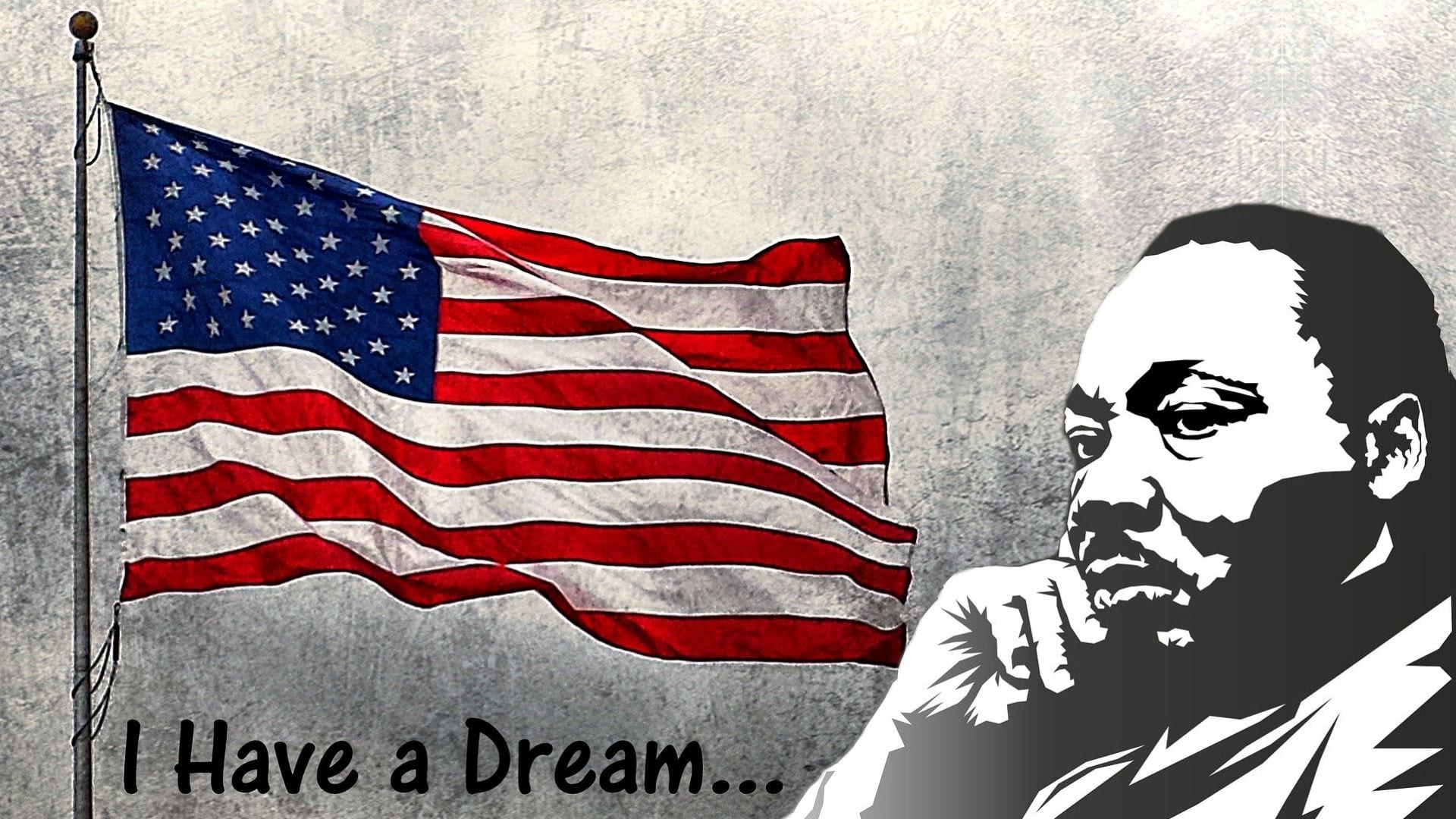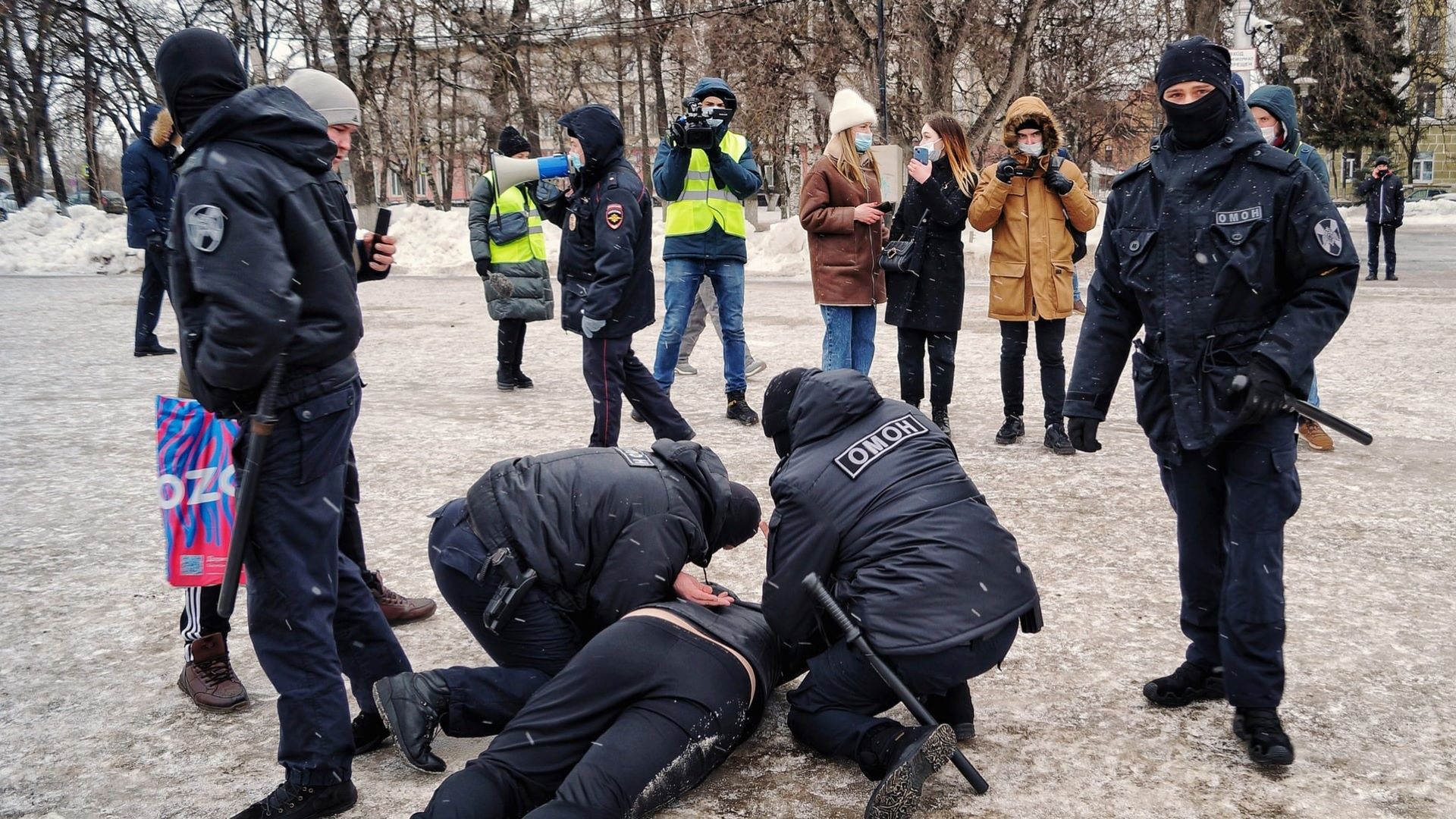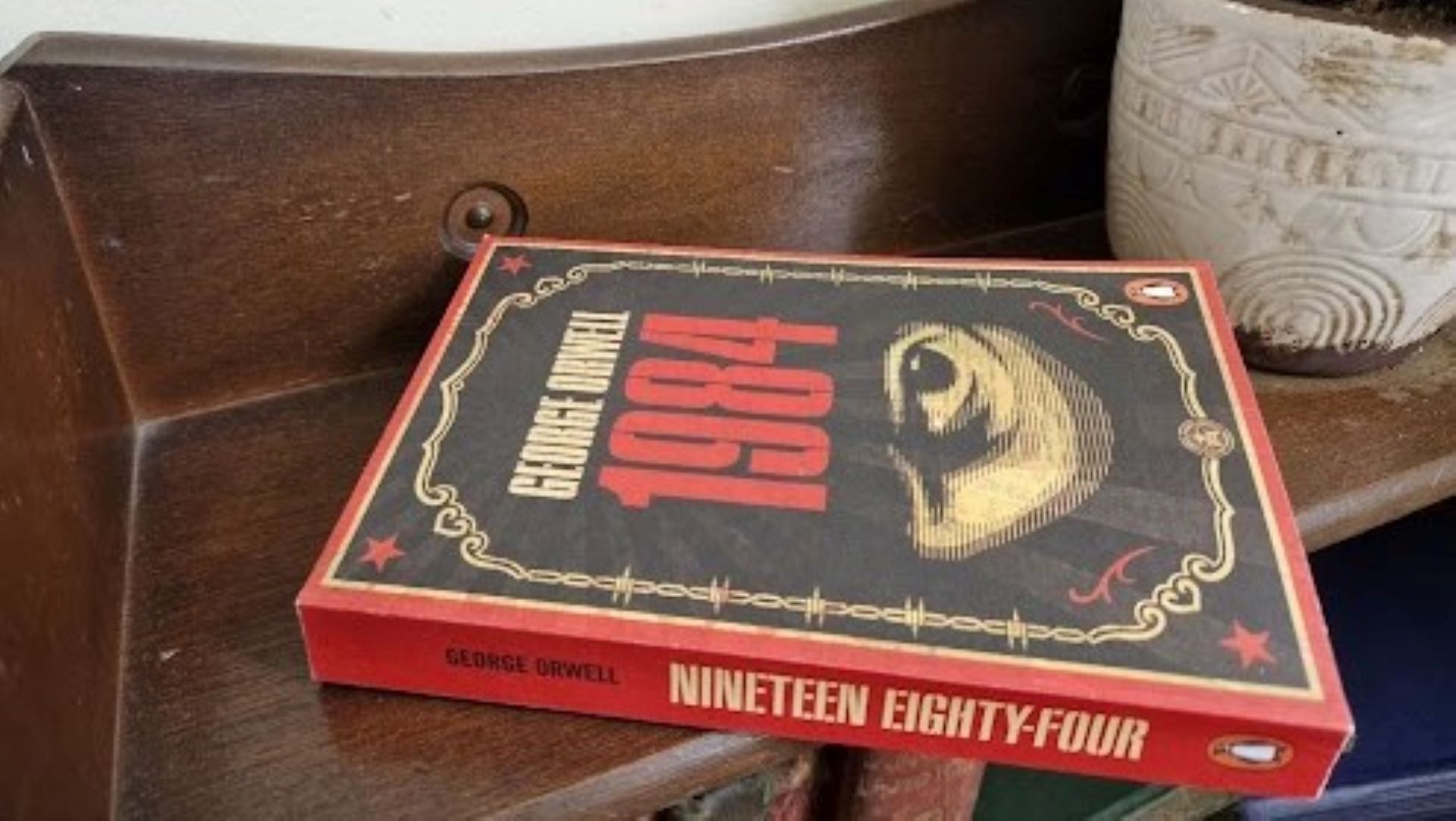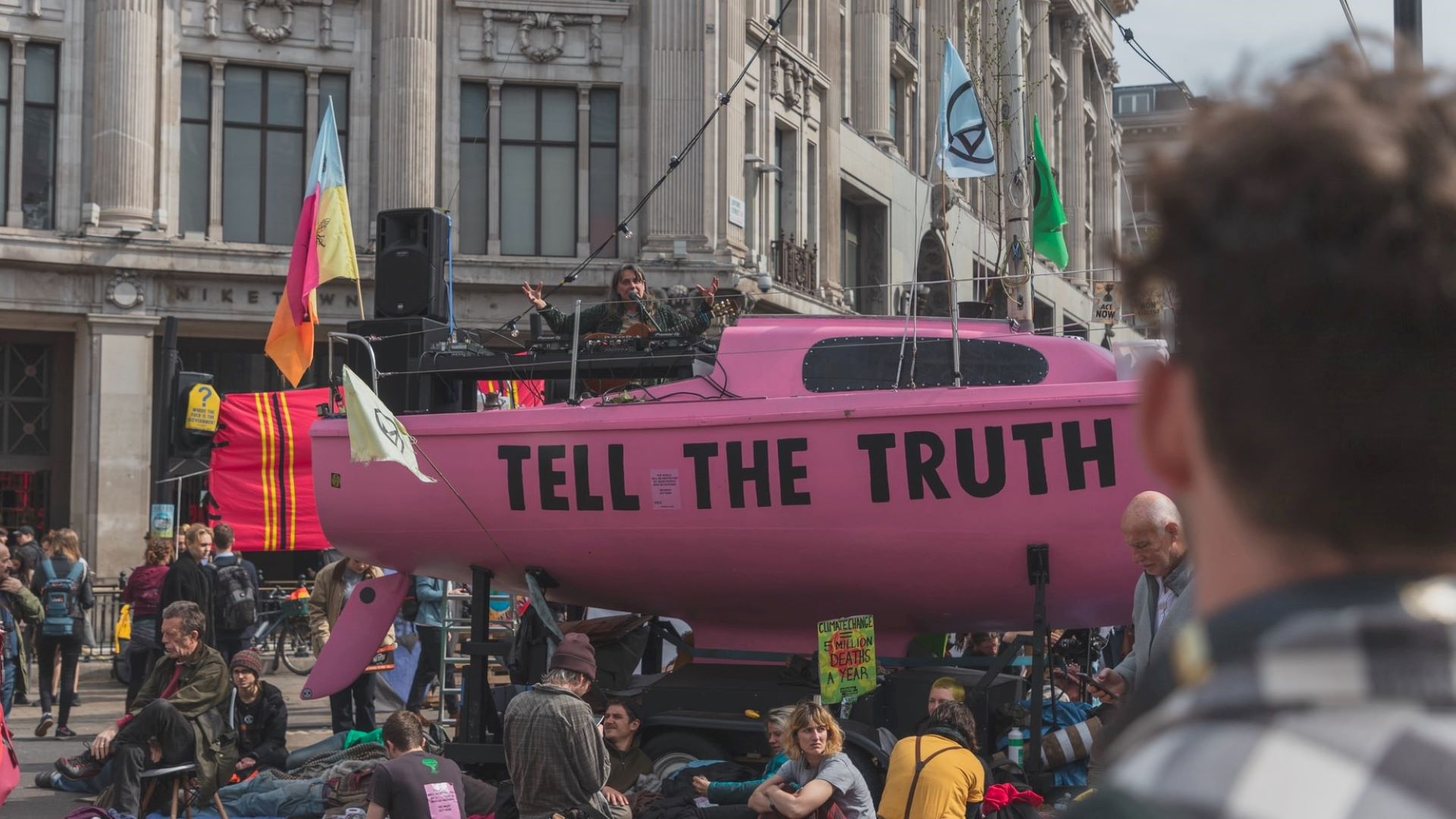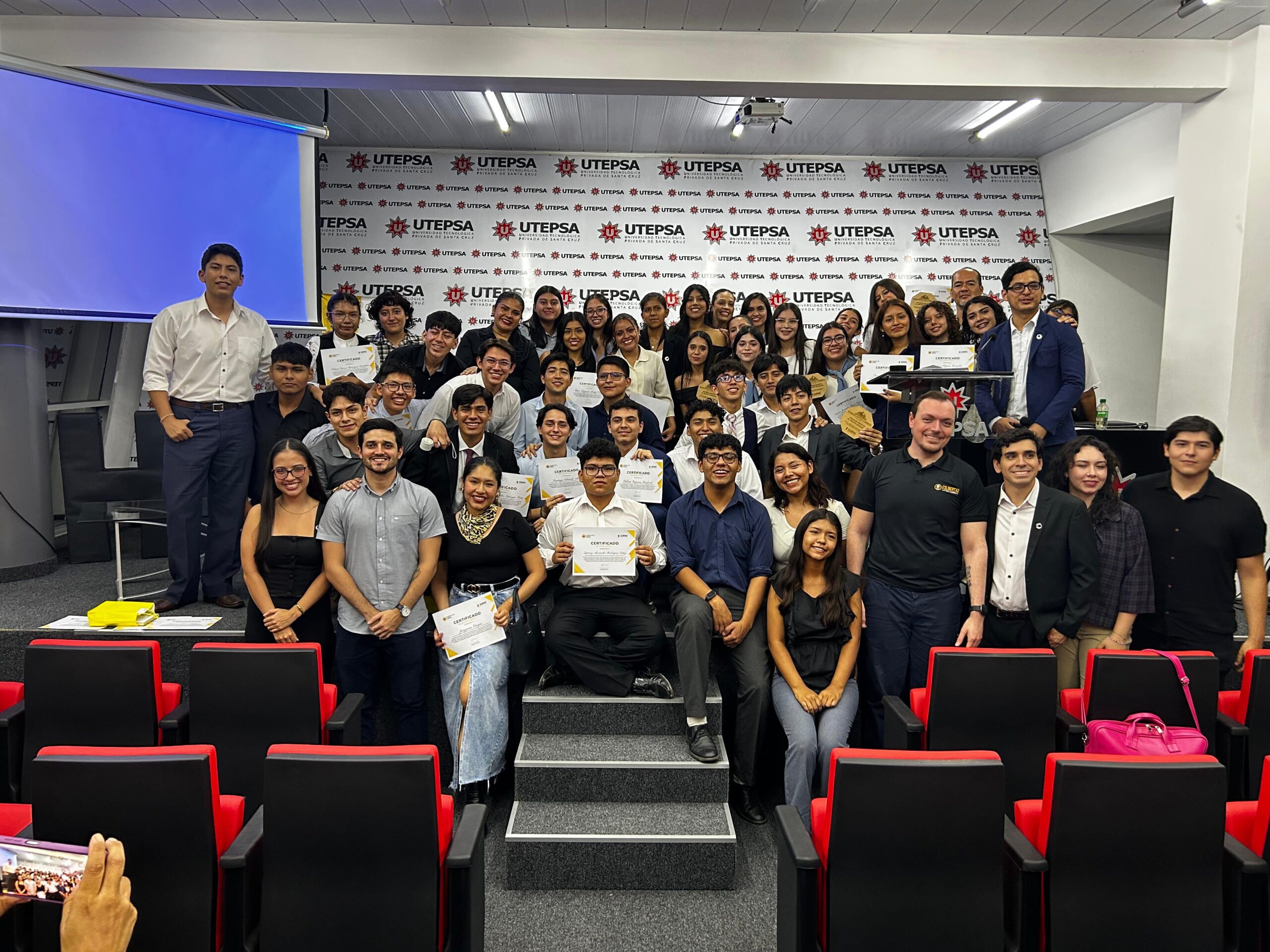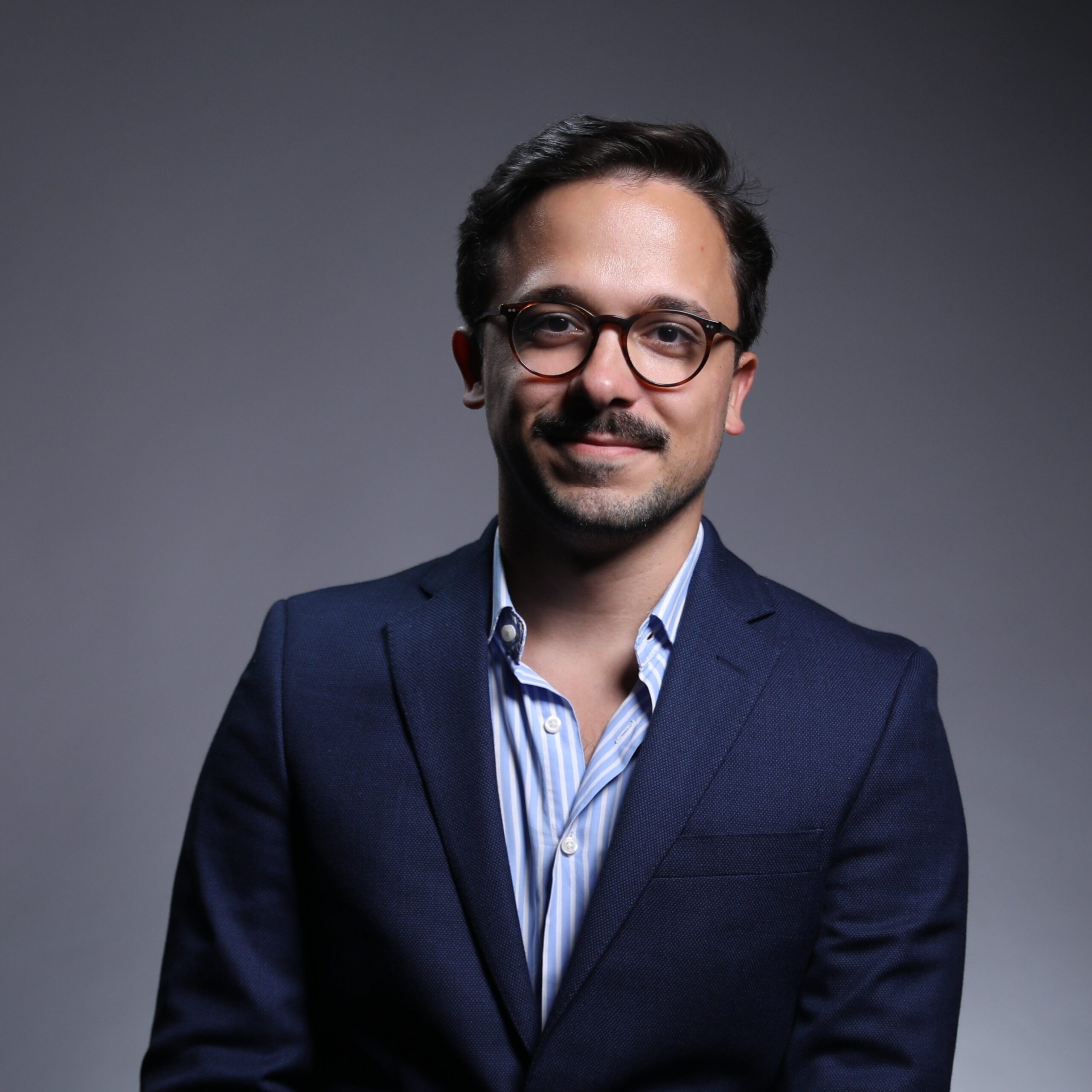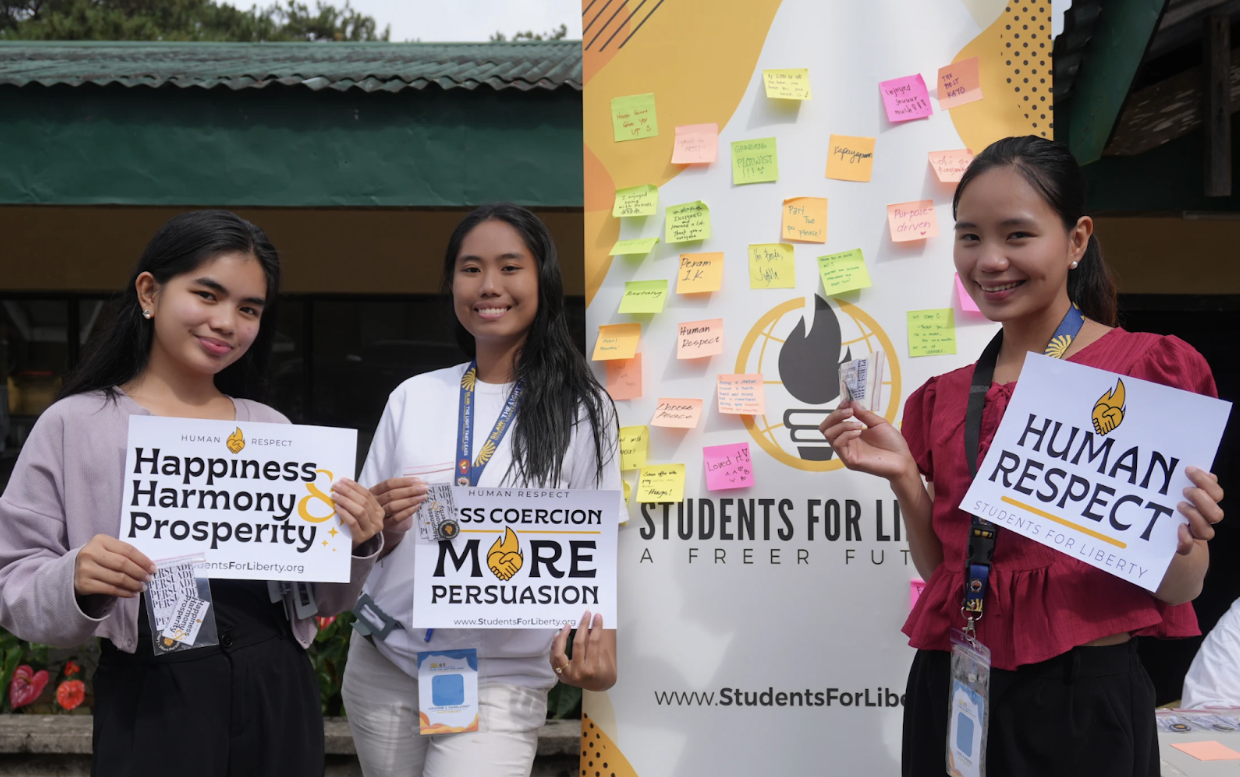As America celebrates the life and work of Rev. Martin Luther King, Jr., it is important to remember all of the work MLK did for free speech on behalf of minorities. The day before his assassination in 1968, King delivered a speech in which he highlighted the importance of First Amendment rights in the civil rights movement:
“All we say to America is to be true to what you said on paper. If I lived in China or even Russia, or any totalitarian country, maybe I could understand some of these illegal injunctions. Maybe I could understand the denial of certain basic First Amendment privileges, because they haven’t committed themselves to that over there. But somewhere I read of the freedom of assembly. Somewhere I read of the freedom of speech. Somewhere I read of the freedom of press. Somewhere I read that the greatness of America is the right to protest for right. And so just as I say we aren’t going to let any dogs or water hoses turn us around, we aren’t going to let any injunction turn us around.”
Today, people are faced with increasing barriers – both legal and societal – to expressing themselves freely. That’s bad news for those with minority opinions who want to make their views heard.
In the video below, Ari Cohen, a senior program officer at the Foundation for Individual Rights in Education, argues that free speech is the strongest weapon minorities have to fight back against injustice. Abolition of slavery, civil rights, sexual liberation and countless other freedoms were gained through free speech.
Freedom of speech gave Martin Luther King and other civil rights leaders the ability to challenge the status quo and make history. What if the current limitations on free speech are silencing the next MLK?
To read more about free speech, be sure to check out our cluster page by clicking on the button below.
This article was originally published on the Learn Liberty blog.
This piece solely expresses the opinion of the author and not necessarily the organization as a whole. Students For Liberty is committed to facilitating a broad dialogue for liberty, representing a variety of opinions.
